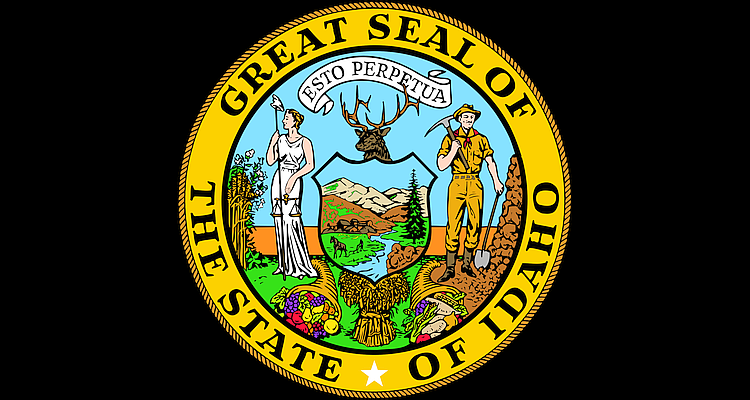The 9th Circuit U.S. Court of Appeals three-judge panel has unanimously ruled that Texas Hold’em is not legal in Idaho, and affirmed that the tribe enjoyed no special tribal sovereign immunity under the federal Indian Gaming Regulatory Act (IGRA).
The Coeur d’Alene tribe had argued that the card game was a game of skill, fell within the federal guidelines for Class II gaming, and was not specifically addressed by the tribe’s compact with the state. The court agreed, finding that Hold’em could not be qualified as either Class II or Class III, but qualified the determination by stating “depending on the laws of the state in which the gaming takes place.”
Writing on behalf of the panel’s decision, Judge Michael Daly Hawkins stated, “The tribe’s interpretation of Idaho law is not persuasive. Though skill undoubtedly plays a role in the game, it does not qualify for the statutory exemption for bona fide contest of skill, speed, strength, or endurance.”
Hawkins went on to clarify that the decision was made specific to the law as negotiated in the tribe’s Idaho state gaming compact in 1992, and that the Class III gaming agreement with the tribe was limited to a state lottery and pari-mutuel betting, and clearly barred all other forms of Class III gaming including poker.
The appeals court rejected the tribe’s attempts to sidestep Idaho’s ban against poker when they opened their poker room at their Worley casino in 2014, and concluded that the district court’s previous ruling properly concluded that Hold’em was not a Class II game.
The three-tier IGRA federal classification system does not apply outside of Indian country, and is overseen by the National Indian Gaming Commission (NIGC). Under the Class III tier banking card games are allowed, however, it is incumbent upon each state to authorize and legalize each tribe’s gaming compact within that state.


